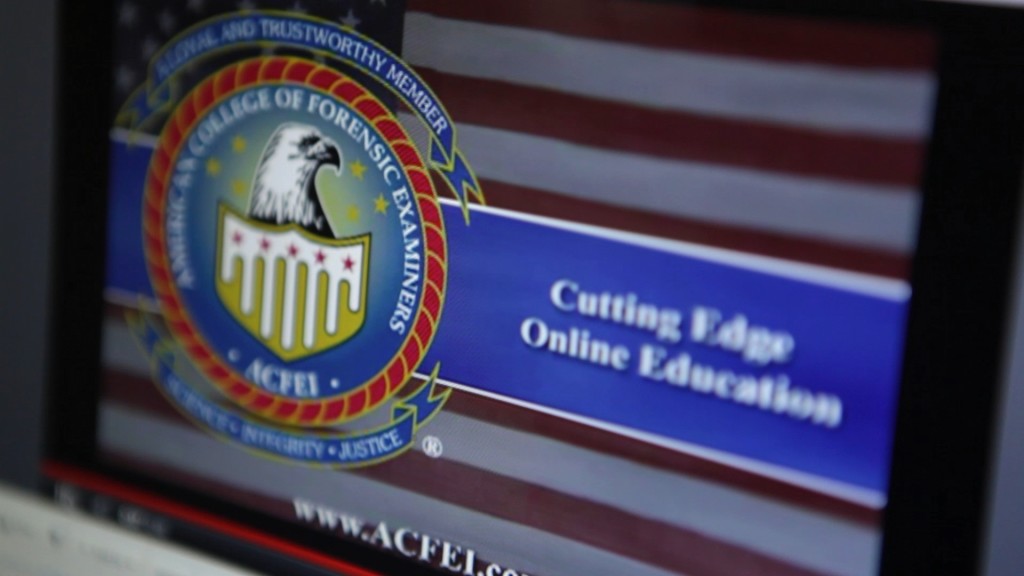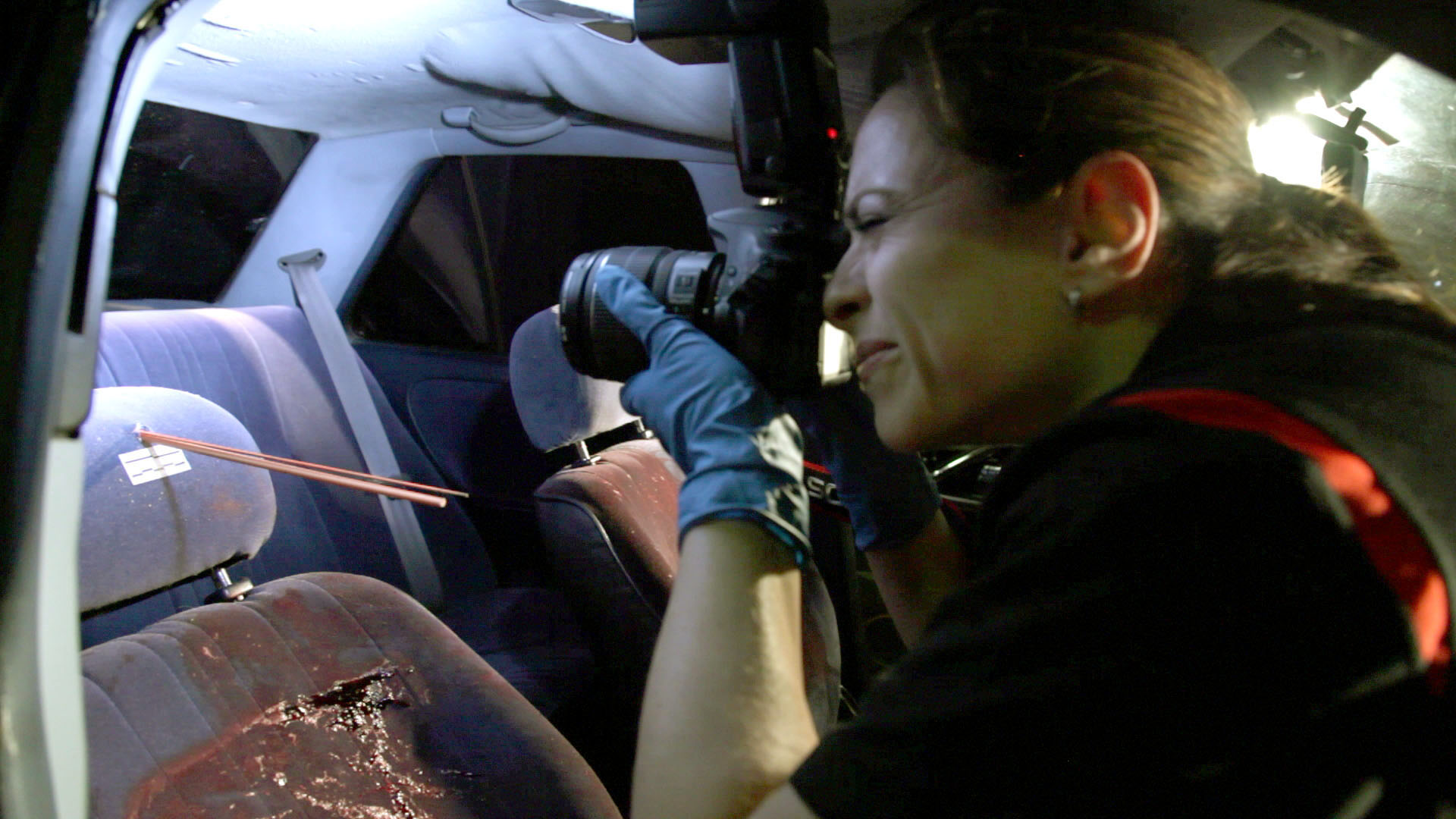Forensic Credentialing Org Responds to “The Real CSI”

April 19, 2012
Share
FRONTLINE’s recent film The Real CSI included an examination of forensic credentialing and, in particular, the American College of Forensic Examiners International (ACFEI). That section of the film is embedded above. It investigates whether certification can aid in a person’s ability to testify as an expert witness in court — and whether certain types of certification are acceptably rigorous for this role in the legal system. You can read a transcript of our conversation with ACFEI spokesman Dr. Cyril Wecht, here.
ACFEI has published three responses to the film on their website, defending the group’s programs. You can read excerpts below.
Frontline’s film, The Real CSI, takes aim at both forensic experts, alleging improper qualifications, and at forensic organizations alleging they certify unqualified individuals to act as expert witnesses in court cases. Regrettably, the show is terribly misguided in its criticisms of ACFEI. ACFEI does not, nor has it ever, bestowed degrees, university diplomas or state licenses on any individual. An expert witness in any case is determined by the judge based upon that person’s formal education, knowledge, experience and training regarding a specific topic, and not by any certificate that ACFEI has or has not awarded them.
The purpose is to educate. The purpose is to keep people abreast of what is going on in forensic science, not to see how we can keep people out of educational programs. The need to expose flaws is fine, but who are these people? And what are the organizations to which they belong? How did Lowell Bergman come to single out the ACFEI because he personally disagrees with our pass rate, because he disagrees with our exam? What is this all about? What is the purpose of his unjustified criticism of this? What is the meaning? How does it relate to the serious matters that he purports to be talking about?
Certified Forensic Consultant exam writer and ACFEI member Marc A. Rabinoff’s statement:
It’s up to the judge and the trier of fact to believe the judge if he or she allows you to testify. Then the trier of fact looks at who you are and then looks at your testimony to decide if they agree, disagree, in whole, in part, whatever. The rules are clear for a jury. Then the jury then decides whether that expert is credible or not. And so the system has built-in redundant systems that make it a difficult road for somebody to testify in any discipline.
And that’s why the CFC [Certified Forensic Consultant] course was established and that’s how I’ve taught it for, I don’t know, 10 years at least. And that’s why my colleagues and I wrote it that way. This course does not make you a forensic expert. This course does not automatically put you into every trial and every judge now has to accept you. This course doesn’t do any of that. It’s a course that validates a body of knowledge that you have, that attorneys and judges want you to have. And that juries ultimately expect.
Update [May 10, 2012]: Read an additional statement from ACFEI here [PDF].
Related Documentaries
Latest Documentaries
Related Stories
Related Stories
Explore
Policies
Teacher Center
Funding for FRONTLINE is provided through the support of PBS viewers and by the Corporation for Public Broadcasting, with major support from Ford Foundation. Additional funding is provided the Abrams Foundation, Park Foundation, John D. and Catherine T. MacArthur Foundation, Heising-Simons Foundation, and the FRONTLINE Trust, with major support from Jon and Jo Ann Hagler on behalf of the Jon L. Hagler Foundation, and additional support from Koo and Patricia Yuen. FRONTLINE is a registered trademark of WGBH Educational Foundation. Web Site Copyright ©1995-2025 WGBH Educational Foundation. PBS is a 501(c)(3) not-for-profit organization.





















